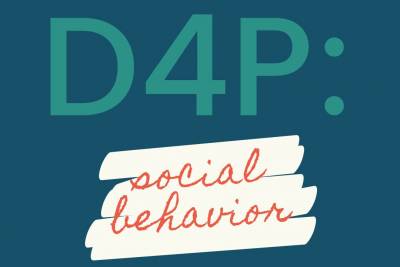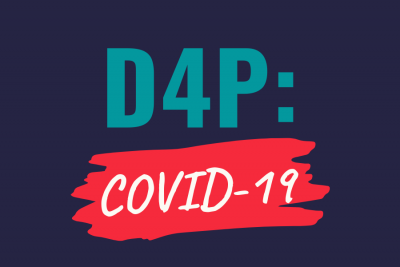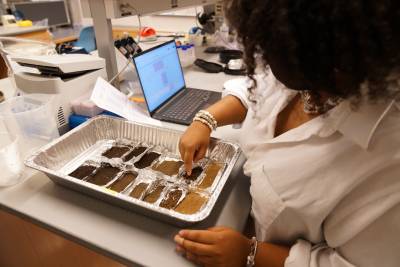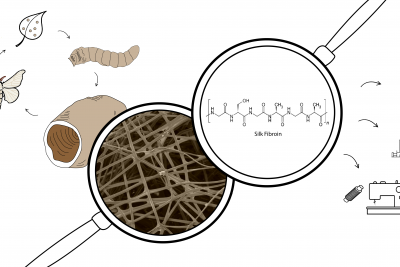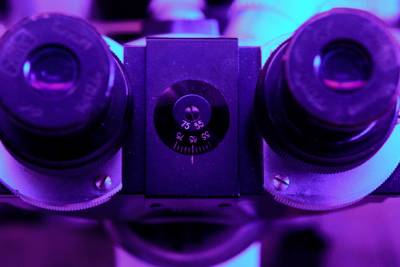Improving genomic research through partnering with Indigenous Communities
For as long as humans have been around, we’ve sought to understand how our bodies work and get better at healing our illnesses. While this curiosity has enabled some life-changing discoveries, including antibiotics and vaccines for once deadly infections, many diseases still elude our grasp.
During this season of D4P, we explored the science of how we study ourselves, and how our complexity, both as biological systems and as people with unique lives and identities, creates challenges and opportunities for improving human health. We drew throughlines from the past to the present, examining how historical biases and power structures have influenced the way scientific knowledge is generated, valued, and transformed into medical advances. Drawing from recent research, we considered the question “how do we study ourselves?” through topics like the ethics of genome sequencing studies, the rationale for gender- and race-balanced clinical trials, and the role of social inequities in healthcare access and outcomes. We also explored new, innovative practices–from designing experiments that more closely match our biology to uniting patients and scientists in the study of rare diseases–to ask the next, even more important question: “how do we get better at it?”
About our D4P Fellows
Leigh Baxt
Leigh is a Senior Associate Director on the Small Molecule Biology team at the Tri-Institutional
Therapeutics Discovery Institute. The TDI helps academic labs from the Tri-I take the first steps
toward translating their novel discoveries into new medicines. Leigh leads a portion of small
molecule portfolio including strategic efforts to evaluate and triage small molecules as the first
step in translating basic science to translational research. Prior to joining TDI Leigh trained in
infectious diseases completing a PhD at Stanford University studying Entamoeba Histolytica
followed by a postdoctoral fellowship at Harvard Medical School studying Shigella flexneri and a
position as a staff scientist at the Broad Institute where she learned translational research
methods in her genomics studies of host factors influencing antibacterial autophagy. Leigh is
also passionate about outreach into the scientific community providing mentoring, education
and consulting on translational research and career paths. Leigh was also a member of the 2022
Women In Power Fellowship coordinated by the 92Y and the Belfer Center for Innovation and
Social Impact. Outside of professional engagements Leigh enjoys spending time with her two
children and spouse who is also a scientist.
Nora Kostow
Nora did her PhD in Molecular and Cell Biology at the University of California, Berkeley studying how an infectious bacterium spreads by causing the human cells that it lives in to fuse together. She is now an associate research scientist at the Tri-Institutional Therapeutics Discovery Institute (TDI) where she helps turn academic lab discoveries into antibody-based therapies for disease. Nora enjoys art history, music, and comedy. She is passionate about improving institutional cultures through advocacy and activism.
Elisabeth (Betty) Nyakatura, Senior Associate Director Antibody Engineering
Betty is currently heading the Antibody Engineering team at the Tri-Institutional Therapeutic
Discovery Institute (Tri-I TDI) in New York, bridging partnerships in academia and industry to
develop antibody-based therapies. Prior to joining TDI, Betty was a Research Assistant
professor at the Albert Einstein College of Medicine. Her work guided the development of
antiviral bispecific antibodies. This research has led to a number of scientific publications in
journals such as Cell, Nature and Science. Patents have been filed for several of these
molecules, and one is currently being developed for the treatment of Ebola. As a passionate
advocate for equitable access to high-quality science education, she also organized a Science
Café event series targeted at undergraduates from Bronx community colleges that combined
science communication, networking, and community outreach. Outside of research, Betty
enjoys the outdoors; hiking, swimming, running and just relaxing at the beach or “forest
bathing”.
Leandrew Dailey PhD Candidate at University of California San Francisco
Current Research focus: Enzymology of protein ubiquitination by HIV accessory proteins. Passionate about community advocacy and activism
Leandrew is a third-year PhD student from the Navajo Nation in the Chemistry and Chemical Biology graduate program at UC San Francisco where they work on HIV-host interactions. Leandrew is interested in issues and ideas surrounding Native communities and perspectives regarding science and technology. Outside of academics, they enjoy partaking in community organizing around police abolition and uplifting and highlighting marginalized voices.


